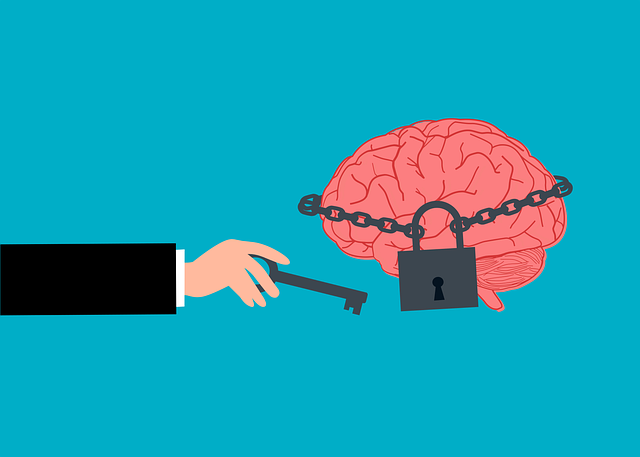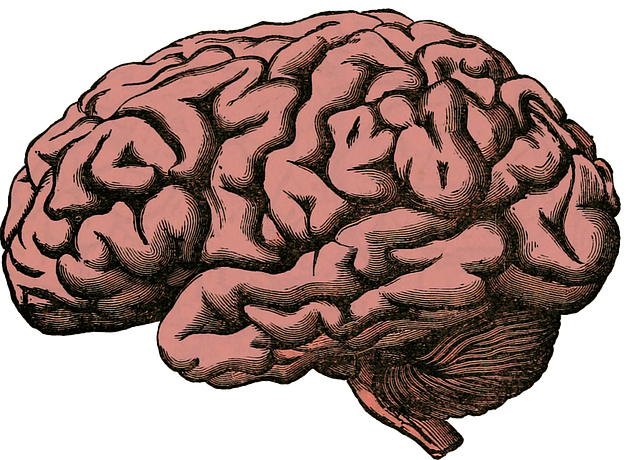Lafayette International Adoptions Therapy (LIAT) offers comprehensive crisis intervention services, prioritizing empathy and tailored strategies for immediate support. Their skilled professionals assess unique risk factors, deploy effective interventions, and create safe spaces for open emotional expression. Post-crisis, LIAT's holistic approach includes peer support, community programs, and expert therapy to foster long-term mental health and resilience. By addressing underlying causes, LIAT empowers individuals to overcome trauma and build strength for the future.
“In moments of crisis, effective support is paramount. This article explores comprehensive crisis intervention strategies, offering valuable guidance for professionals and caregivers. From understanding the foundational principles of crisis intervention to delving into specific techniques like those employed by Lafayette International Adoptions Therapy, each section provides insights crucial for navigating challenging situations.
We’ll discuss assessing red flags and risk factors, implementing immediate crisis management strategies, and fostering long-term resilience through post-crisis care.”
- Understanding Crisis Intervention: A Foundation for Effective Support
- The Role of Lafayette International Adoptions Therapy in Crisis Situations
- Assessing the Needs: Identifying Red Flags and Risk Factors
- Strategies for Immediate Crisis Management: Short-Term Solutions
- Post-Crisis Care and Prevention: Building Resilience and Long-Term Wellbeing
Understanding Crisis Intervention: A Foundation for Effective Support

Crisis intervention involves providing immediate support and guidance to individuals or communities facing severe challenges, such as trauma, loss, or sudden changes in their lives. It’s a critical process that requires skilled professionals who can offer effective assistance during distressing situations. At Lafayette International Adoptions Therapy, we recognize the profound impact of crises on mental health and well-being, which is why our team is dedicated to delivering tailored crisis intervention strategies.
Empathy building strategies are a cornerstone of our approach, fostering an environment where individuals feel heard, understood, and valued. By implementing effective communication strategies, our therapists create safe spaces for clients to express their emotions freely. Additionally, the Community Outreach Program plays a vital role in extending support beyond individual therapy sessions, connecting people with available resources within their communities. These holistic methods ensure that crisis intervention is not just a temporary fix but a sustainable process aimed at fostering resilience and long-term mental health.
The Role of Lafayette International Adoptions Therapy in Crisis Situations

In crisis intervention, Lafayette International Adoptions Therapy plays a pivotal role by offering specialized support tailored to individuals and families navigating turbulent times. Their approach centers on fostering empathy building strategies that create safe spaces for vulnerable populations. By facilitating open dialogue and understanding, therapists from this organization help clients develop coping mechanisms robust enough to withstand traumatic events.
Moreover, Lafayette International Adoptions Therapy leverages its Community Outreach Program Implementation to connect individuals with much-needed resources and support networks. Through proactive engagement, they empower communities to build inner strength development programs that not only mitigate crisis but also promote long-term resilience. This holistic strategy ensures that clients receive comprehensive care, addressing both their immediate needs and their journey towards emotional well-being.
Assessing the Needs: Identifying Red Flags and Risk Factors

Effective crisis intervention begins with a thorough assessment of the individual’s needs, which involves identifying red flags and understanding risk factors unique to each person’s situation. This initial step is crucial in guiding appropriate interventions, whether it’s a family navigating a recent loss or an individual struggling with mental illness. At Lafayette International Adoptions Therapy, we emphasize the importance of personalized care, tailoring strategies to address specific challenges.
By recognizing red flags such as sudden changes in behavior, extreme emotional reactions, or expressions of self-harm, professionals can swiftly implement interventions. Moreover, understanding risk factors like a history of trauma, social isolation, or underlying mental health conditions allows for more targeted approaches, incorporating techniques like conflict resolution strategies and mindfulness principles to foster resilience and reduce the impact of stress.
Strategies for Immediate Crisis Management: Short-Term Solutions

In acute crisis situations, immediate intervention is paramount to ensure client safety and well-being. Short-term strategies employed by professionals at Lafayette International Adoptions Therapy prioritize de-escalation techniques as the first line of defense. These may include calming conversations, ensuring physical security, and providing a safe, non-judgmental space for clients to express their emotions freely.
Cultural sensitivity in mental healthcare practice plays a crucial role in these initial stages. Therapists at Lafayette International Adoptions Therapy are trained to adapt their approaches based on individual cultural backgrounds, incorporating elements of self-awareness exercises and tailored communication methods. Additionally, designing mental health education programs that address immediate crisis needs alongside broader awareness and resilience can offer lasting solutions for clients, fostering an environment where they feel empowered to manage future challenges effectively.
Post-Crisis Care and Prevention: Building Resilience and Long-Term Wellbeing

Post-crisis care plays a pivotal role in fostering resilience and long-term wellbeing among individuals who have experienced traumatic events. Beyond immediate intervention, Lafayette International Adoptions Therapy (LIAT) emphasizes the importance of comprehensive support systems that address not just the symptoms but also the underlying causes. This involves tailored therapy sessions, peer support groups, and community outreach programs designed to promote mental health recovery. By integrating evidence-based practices and tailoring interventions to individual needs, LIAT aims to empower individuals to rebuild their lives and prevent future crises.
Leveraging the expertise of mental health professionals, LIAT facilitates risk assessment for those at higher vulnerability. This proactive approach, grounded in Mental Health Policy Analysis and Advocacy, allows for early intervention and Trauma Support Services. Through ongoing monitoring and support, individuals are equipped with coping mechanisms to navigate life’s challenges more effectively. By fostering a culture of resilience, these strategies not only alleviate acute distress but also build lasting adaptive capabilities, ensuring individuals can thrive even in the face of adversity.
In conclusion, effective crisis intervention requires a multifaceted approach. From understanding the foundational principles of crisis support to leveraging specialized therapies like Lafayette International Adoptions Therapy, each step plays a crucial role in managing and mitigating high-stakes situations. Assessing needs, implementing immediate strategies, and providing post-crisis care are essential components that, when integrated, foster resilience and long-term wellbeing. By adopting these evidence-based practices, we can better navigate challenging circumstances and promote positive outcomes for those in crisis.














